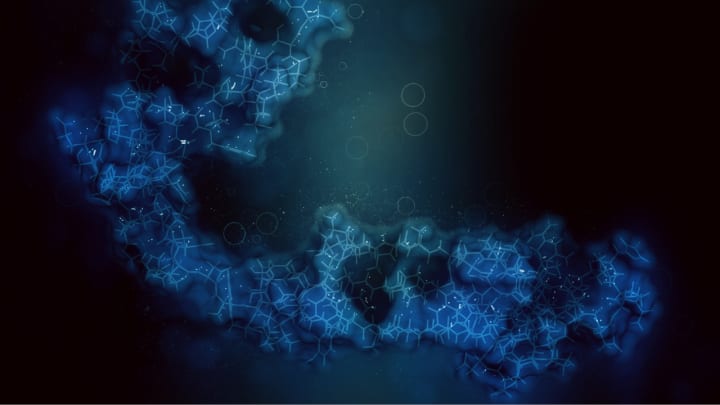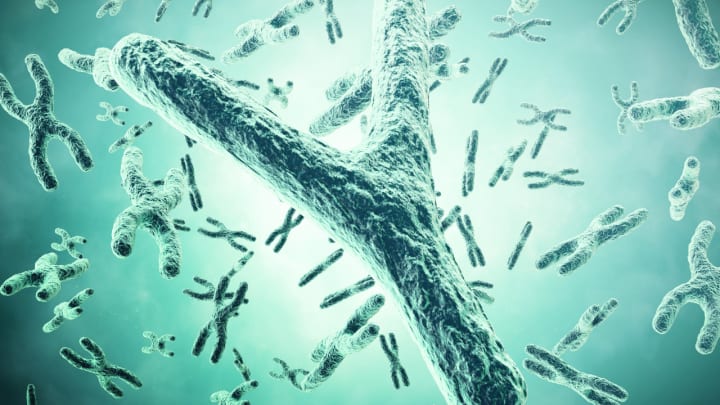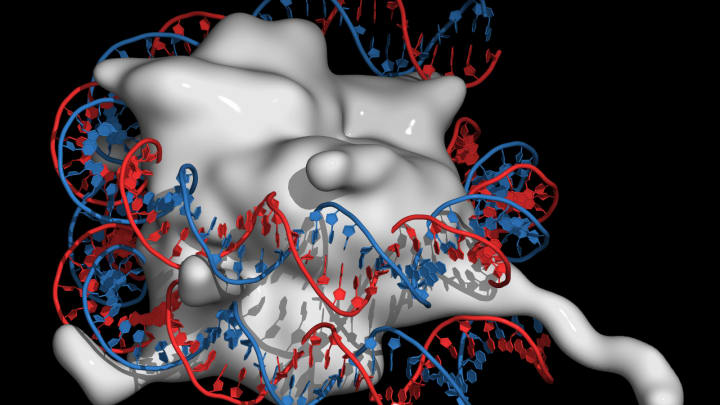Chronological Age vs Biological Age!
Here, we discuss "the differences between chronological age vs biological age." and choosing which is best!

Hey Folks, chronological and biological age are the two most common things that arise when understanding ageing and its impact on our health. When you look into these two, both refer to the passage of time and represent different ageing characteristics. Here, we discuss "the differences between chronological age vs biological age." and choosing which is the best.
So, let's get started.
Chronological Age vs Biological Age:
What is the Chronological Age?
Chronological age is nothing but measuring the Person's age, which is a commonly used way.
It helps to determine the age of a Person since birth.
It is a simple method that everyone can quickly say their birthdate by counting the years, months, and days.
Chronological age is widely used in various fields, such as legal matters, education, and social interactions.
What is the Biological Age?
Biological age refers to a person's physiological state and condition relative to the average ageing process.
Biological age considers physical health, cognitive abilities, and overall vitality.
Also, it provides a more accurate detail of a person's health and functional capacity than the Chronological age.

The Ageing Process:
Ageing is a natural process characterized by the incremental drop of physiological functions over time.
It affects your complete body system, including the cardiovascular, nervous, and musculoskeletal systems.
And also, several factors, like environmental and genetic factors, impact the ageing process.
The Factors that Affects your Biological Age:
The Several factors that contribute to an individual's biological age are as follows:
Healthy Lifestyle:
Firstly on the list is a healthy lifestyle. A healthy lifestyle that includes regular workouts, a balanced diet, and a night of adequate sleep is vital for maintaining a younger biological age.
Genetic Factors:

Next on the list is Genetic Factors. Genetic Factors influence how our bodies age. Some individuals may have genetic predispositions. This condition makes them more prone to certain diseases.
Environmental Factors:
Exposure to pollutants, toxins, and harmful substances can accelerate ageing and increase biological age.
Stress:
Stress and its associated hormones can harm the body, leading to accelerated ageing. It also has an increased risk of health problems.
Assessing the Biological Age:
Scientists have developed various methods to assess the biological age accurately. These estimates provide insights into Person's overall health condition, disease risk, and potential interventions to slow ageing.
Biomarkers:

Biomarkers, also called Molecular Markers, help to provide basic information about a person's biological age and overall health condition. This Biomarker includes blood pressure, cholesterol levels, inflammatory markers, etc.
Telomere Length:

Telomeres are protective caps at the ends of our chromosomes. They are considered a marker of biological age. Longer telomeres indicate a better health status.
Epigenetics:

Epigenetic modifications can influence gene expression and impact the ageing process.
Physical Fitness: Evaluating cardiovascular fitness, muscle strength, flexibility, and endurance can provide valuable insights into biological age and the overall status of health.
Cognitive Function:

Cognitive assessments can help determine a person's brain health and provide insights into their biological age.
Importance of Biological Age:
Understanding biological age has significant implications for our health and well-being.
Health and Disease Risk:
Biological age can provide a more accurate disease risk assessment than chronological age.
The biological age of People over 60 years may have a higher risk for age-related diseases like heart disease, diabetes, Pulmonary disease, etc.
Anti-Ageing process:
Researchers can develop targeted processes and therapies to slow the ageing process and reduce disease risk by assessing biological age.
Lifestyle Modifications:
Awareness of biological age can motivate individuals to adopt healthier lifestyles, such as regular exercise, a balanced diet, and stress reduction techniques.
Personalized Medicine:

Understanding a Person's biological age can guide personalized medical treatments and interventions.
Chronological Age vs Biological Age:
It is essential to know that chronological age and biological age can sometimes differ significantly.
Premature Aging:
Some individuals may experience premature ageing, where their biological age exceeds their chronological age.
This condition is due to genetic factors, environmental factors, unhealthy lifestyle habits, etc.

Reversing Biological Age:
Recent advancements in anti-ageing research have shown promising results in reversing biological age.
Reversing the biological age is an emerging field. Interventions like calorie restriction, genetic therapies, and analytics can slow the ageing process and rejuvenate the body at a cellular level.
Conclusion on Chronological Age vs Biological Age:
Firstly, understanding the concept of "Chronological age vs Biological age" is essential for understanding the complexity of the ageing process.
Considering various physiological factors, biological age accurately represents a person's health and functional capacity.
By assessing biological age, individuals can make informed lifestyle choices, prioritize preventive healthcare, and potentially slow ageing.
So, embracing a realistic approach to health that considers chronological and biological age can pave the way for healthier and more vibrant lives.
Thank you!
Thank you for reading this Article. If you like this Article, Please give a like and Support me.
Thank you once again. I'll see you in my next Article.
Stay Fit and Be Happy!
About the Creator
SANTHOSH T
Fitness Enthusiast and Trainer from INDIA. I'm here to share my "key points" on Health and Fitness in a beginner-friendly language. So, Stay with me, and we all lead a healthy lifestyle together.






Comments
There are no comments for this story
Be the first to respond and start the conversation.